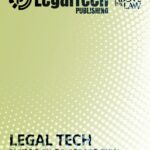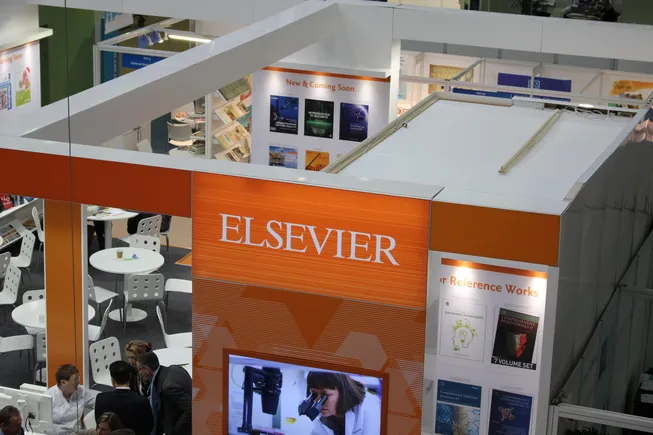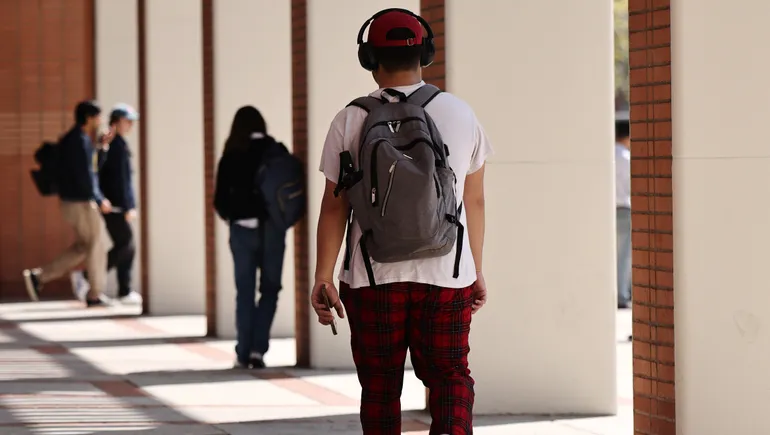Dive Brief:
- A professor at the University of California, Los Angeles filed a class-action complaint against six major publishers, alleging that several of their policies violate antitrust law and impede academic research.
- The class-action lawsuit, filed Thursday in federal district court in New York, names Elsevier, Wolters Kluwer, Wiley, Sage Publications, Taylor & Francis, and Springer Nature as defendants. The publishers allegedly agreed to make peer reviewing an unpaid job, prevent academics from submitting manuscripts to more than one journal at a time, and bar them from freely sharing their findings during the lengthy peer review process.
- A spokesperson for Wiley said Friday that the company could not comment on the lawsuit’s specific claims but considers them without merit. The other publishers either had no comment or did not respond to requests for comment.
Dive Insight:
Academic journals are both a vital part of scholarly research and a potentially highly profitable business venture.
In 2023, Elsevier’s peer-reviewed journals brought in $3.8 billion in revenue with a 38% operating profit margin, while Taylor & Francis’ peer-reviewed journals generated $739 million in revenue with a 35% profit margin, the lawsuit said. Overall, the six publishers being sued brought in a combined $10 billion in revenue last year from their peer-reviewed journals, according to the lawsuit.
The publishers earn exceptional profits while keeping costs low at the expense of academics, the lawsuit alleges. They did this, according to the complaint, by creating illegal agreements to “cement their market dominance and maximize the amount of money they can divert from scientific research into their pockets.”
One way the plaintiffs allege the publishers maintain control over the industry is through arrangements under the International Association of Scientific, Technical, and Medical Publishers, also known as STM. The organization — which is also a defendant — publishes two-thirds of all journal articles internationally, according to the complaint.
The lawsuit alleges that the six academic publishers have formed a “cartel” through STM, of which they are all members. Members agree to follow STM’s policies, which state that peer review is “volunteer work” and that researchers cannot submit their manuscripts to more than one journal at a time or freely share their work under review, according to the lawsuit.
The lawsuit seeks an injunction to end the publishers’ alleged agreement, as well as damages for class members. Its proposed class includes U.S. residents who have reviewed for or submitted a manuscript to any of the named journals since 2020 — a group potentially numbering in the hundreds of thousands, according to the complaint.
The academic world is often described as “publish or perish” — an alliterative nod to the necessity of publishing research to advance in one’s career. The lawsuit alleges that by agreeing not to pay scholars for peer review services, which led to a dearth of peer reviewers, the publishers functionally held their professional futures hostage. Even so, the agreement has led to a dearth of peer reviewers, according to the lawsuit.
“It has become increasingly difficult to coerce busy scholars into providing their valuable labor for nothing,” the lawsuit said.
Additionally, the single submission rule cut down on competition among publishers, “substantially decreasing incentives to review manuscripts promptly and publish meritorious research quickly, it said.
These combined delays have led to a review process that can exceed a year, during which time academics cannot share their findings publicly, according to the lawsuit.
All three factors have led to a slow and arduous publishing process that has stymied academic advancement and “tremendous damage to science and the public interest,” it alleges.
“It will take longer to find effective treatments for cancer. It will take longer to make advancements in material science that will support quantum computing. It will take longer to find technological tools to combat climate change,” the lawsuit said.
Dean Harvey, co-counsel for the plaintiff, said Thursday that for-profit academic journals have exploited scholars and taxpayers by colluding. Academic research is often funded in part or in full by government grants, so the publishers’ alleged actions allow them to illegally profit from public funds, according to the lawsuit.
“The academic publishing industry has acted as though the antitrust laws do not apply to them, and believe scholars do not deserve the same protections as everyone else,” Harvey said in a statement. “They are mistaken.”
Disclosure: Informa, the owner of Higher Ed Dive’s publisher, Industry Dive, also owns Taylor & Francis. Informa has no influence over Higher Ed Dive’s coverage.
#major #academic #publishers #face #antitrust #lawsuit










